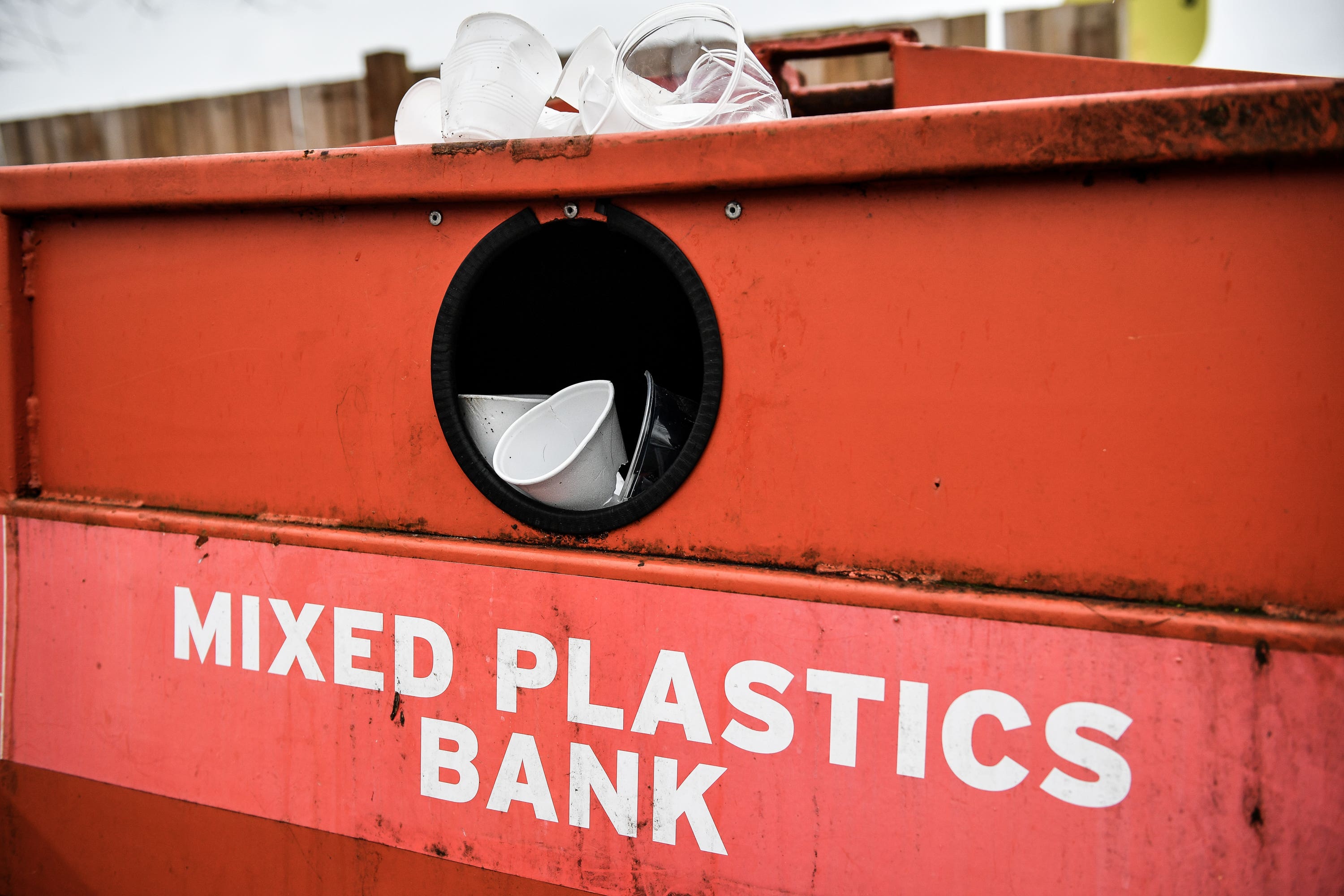What will change as the single-use plastic ban for businesses comes into force?
From Sunday businesses can no longer sell certain plastic items in England.

Your support helps us to tell the story
From reproductive rights to climate change to Big Tech, The Independent is on the ground when the story is developing. Whether it's investigating the financials of Elon Musk's pro-Trump PAC or producing our latest documentary, 'The A Word', which shines a light on the American women fighting for reproductive rights, we know how important it is to parse out the facts from the messaging.
At such a critical moment in US history, we need reporters on the ground. Your donation allows us to keep sending journalists to speak to both sides of the story.
The Independent is trusted by Americans across the entire political spectrum. And unlike many other quality news outlets, we choose not to lock Americans out of our reporting and analysis with paywalls. We believe quality journalism should be available to everyone, paid for by those who can afford it.
Your support makes all the difference.Businesses can no longer sell certain plastic items as bans and restrictions have come into force in England.
Environment Secretary Therese Coffey announced the ban in January as part of efforts to reduce the amount of non-recyclable material ending up in bins and then going to landfill or incineration.
Here the PA news agency goes through the ban’s key features.
– What businesses are affected?
All businesses – including retailers, takeaways, food vendors, stalls and hospitality firms – are affected by the new regulations.
– What will change?
Single-use plastics will be replaced with different materials for, or reusable alternatives to, single-use.
– Why is the change coming into place?
The new regulations come as part of efforts to cut down on plastic pollution, protect the environment and help to cut litter.
– What is banned?
Businesses cannot supply single-use plastic cutlery, balloon sticks and polystyrene cups and food containers.
The ban on these items includes online and over-the-counter sales and supply, items from new and existing stock, all types of single-use plastic, including biodegradable, compostable and recycled, and items wholly or partly made from plastic, including coating or lining, according to the Government website.
– What is still allowed?
The use of single-use plastic plates, trays and bowls will be restricted.
Businesses can still supply these items if they are used as packaging in shelf-ready, pre-packaged food items.
These items will instead be part of the extended producer responsibility (EPR) scheme, which will ensure manufacturers pay the cost of recycling their packaging and is expected to come into effect in 2025.
– What are the consequences of not adhering to the new regulations?
Businesses could be fined if they continue to supply banned single-use plastics after Sunday.
Local authorities will be able to carry out inspections to make sure the rules are being followed, the Government said.